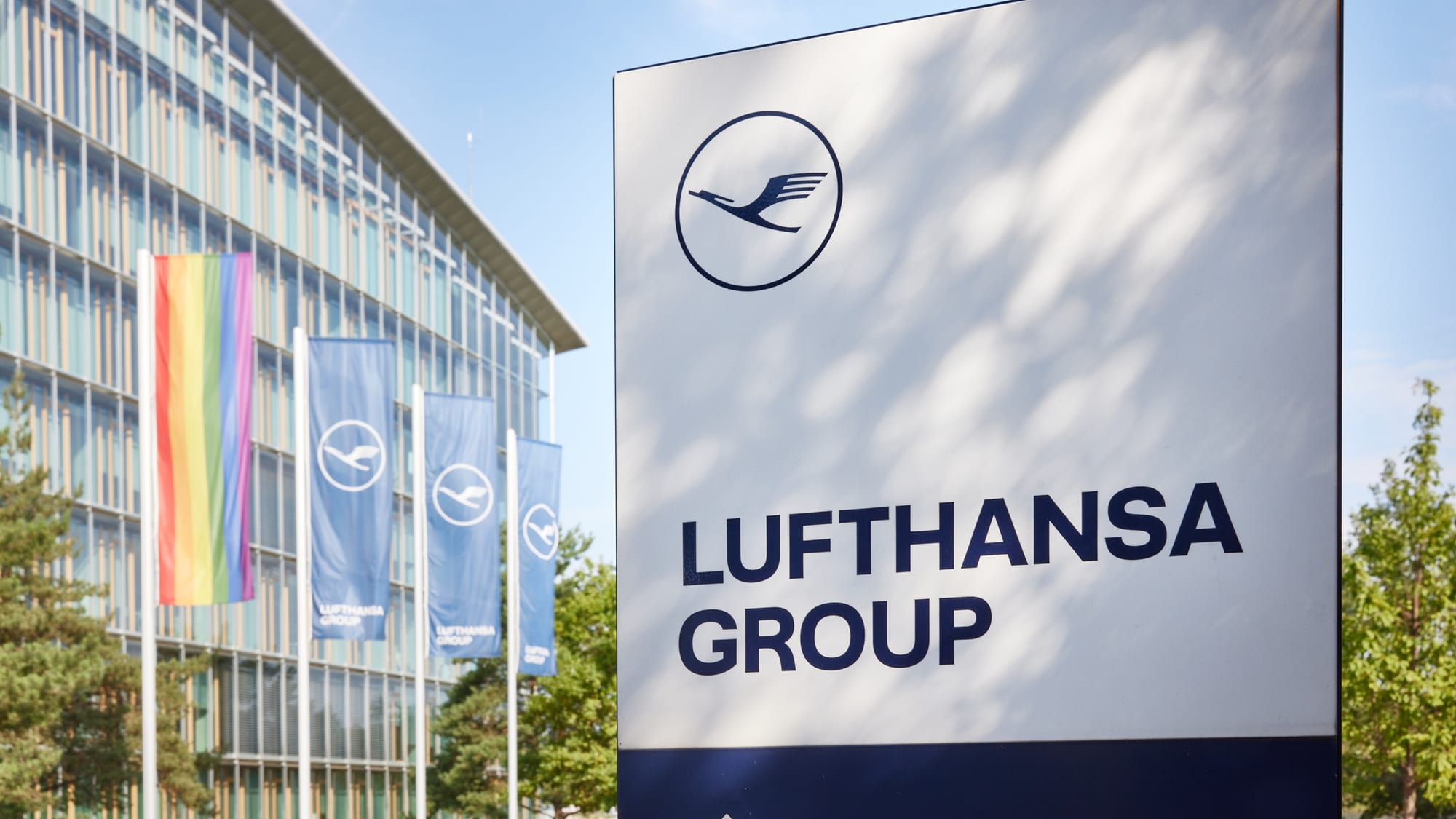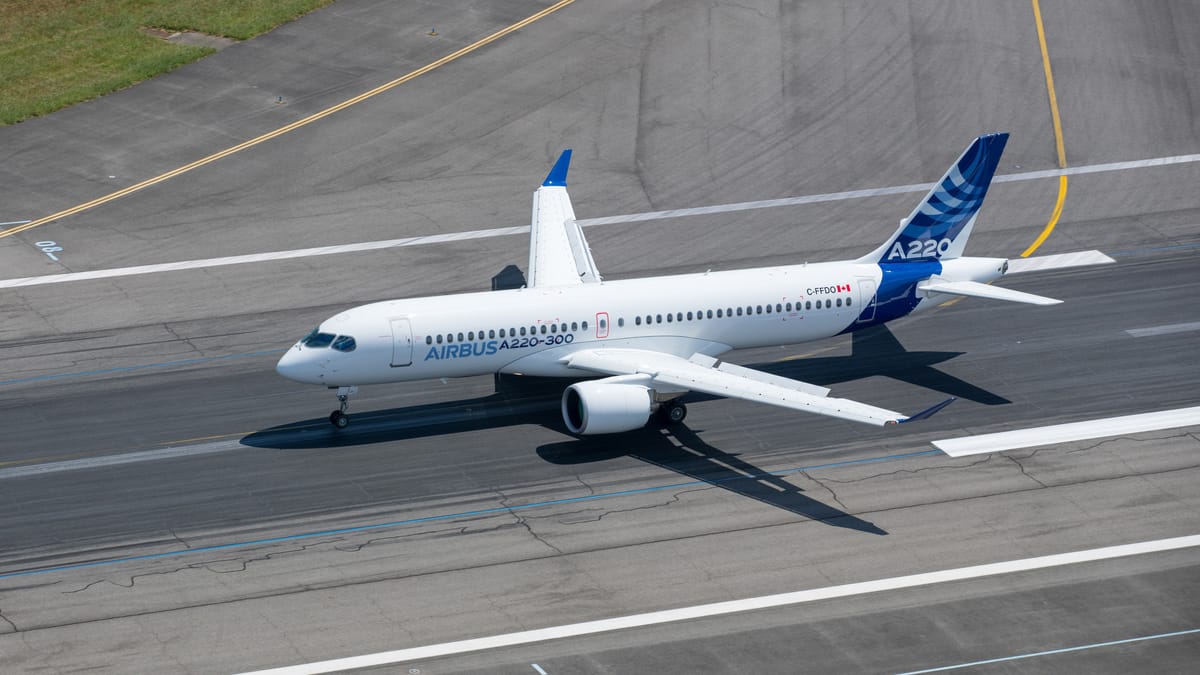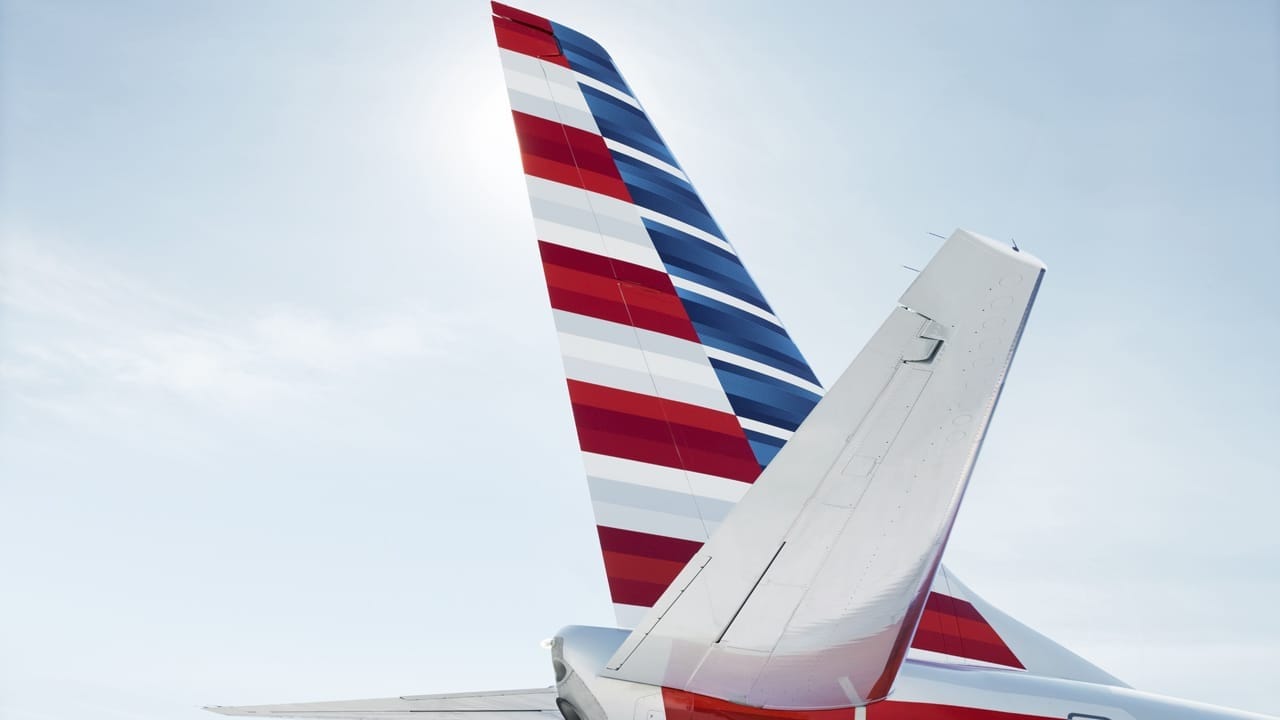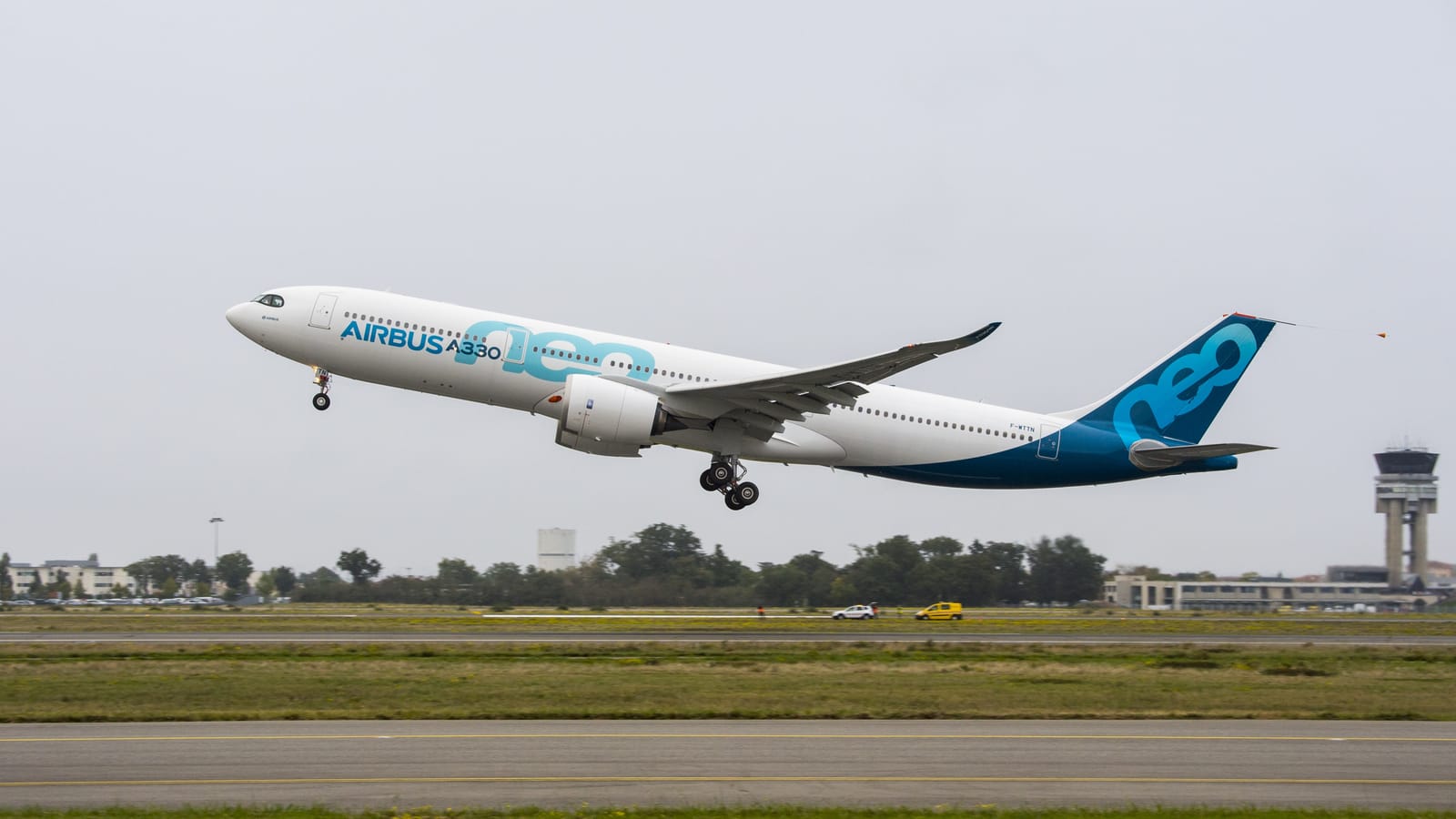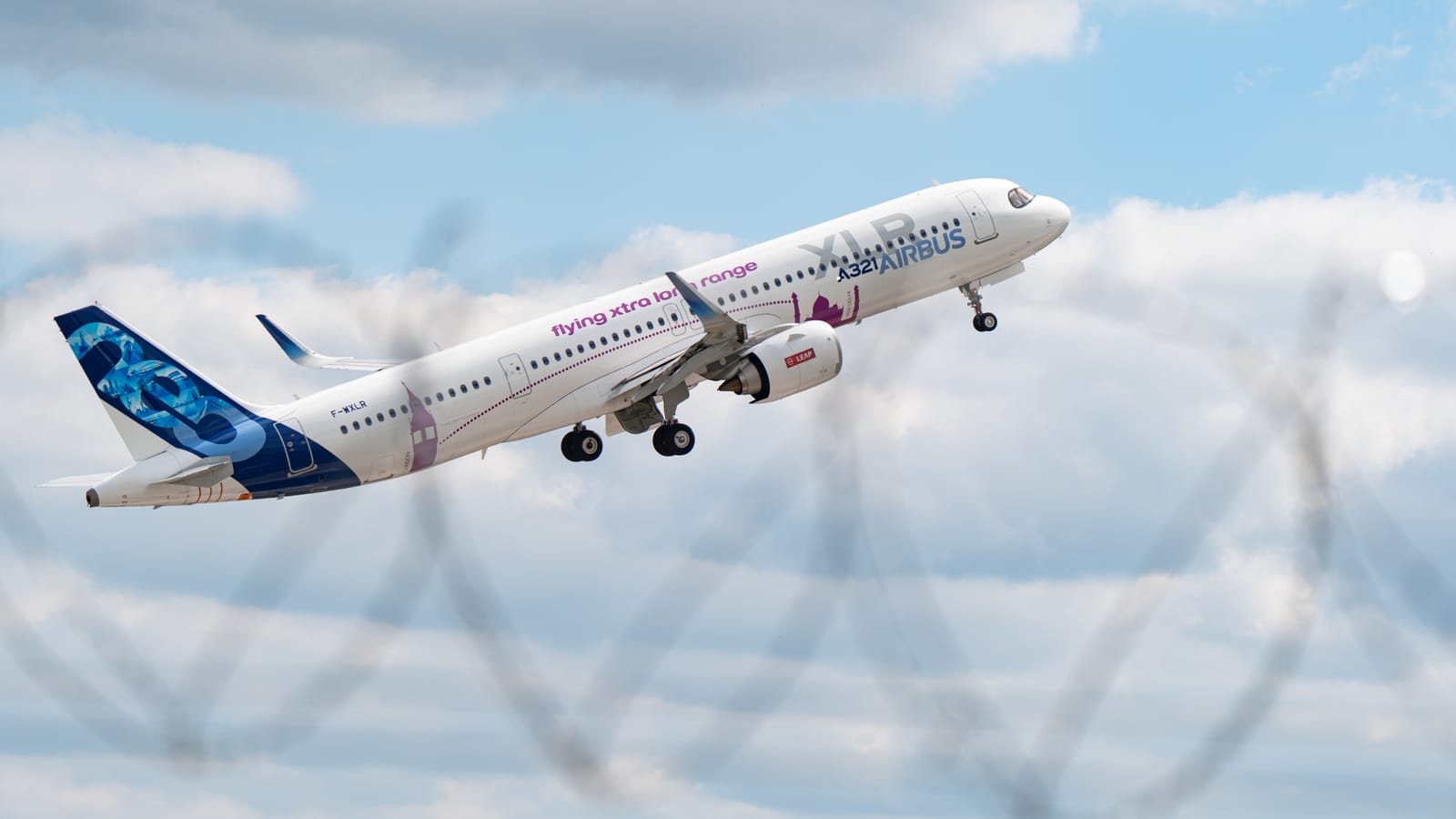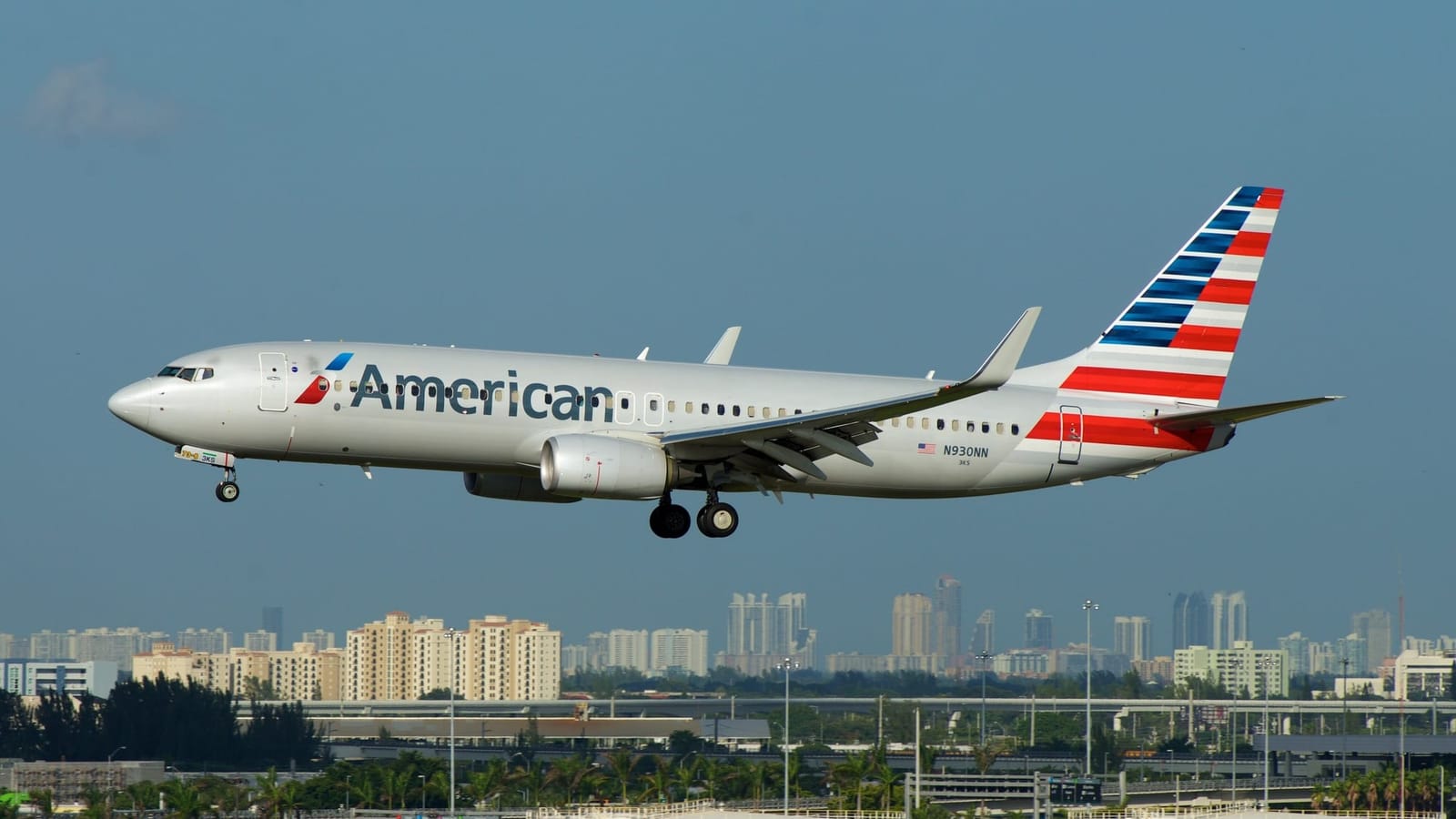Lufthansa Group has published its Q3 2025 financial results, indicating that for the first time in 2025, all of its passenger airlines were profitable, which includes its flagship, Lufthansa.
On October 30, 2025, Lufthansa Group announced that it had ended the nine-month period up to September 30 with a net profit of €1 billion ($1.1 billion), which includes passenger airlines improving their overall earnings before interest and taxes (EBIT) to €906 million ($1 billion).
Carsten Sphor, the Chief Executive Officer (CEO) of Lufthansa Group, said that the quarter was “positive,” adding that the group experienced the best summer in terms of its flight operations in the last decade.
The improvement in operational stability has allowed the group to reduce its expenses related to passenger assistance during flight disruptions by 24% year-on-year (YoY) to €166 million ($192.8 million), and slash direct compensation for delays and cancellations by 51% YoY to €162 million ($188.1 million).
Sphor also highlighted that new aircraft deliveries are finally picking up pace, with Lufthansa welcoming its first two Allegris-equipped Boeing 787-9s during the quarter. Swiss International Air Lines (SWISS) also welcomed its first Airbus A350-900, albeit more than a week after Q3 had ended.
“Even though we must continue to work intensively on the turnaround of our core business and the efficiency of our airlines, we can confirm our forecast of a significant improvement in earnings in 2025 today.”
However, the chief executive still expressed concerns that Germany, as a business location, is “benefiting less and less from our success, as shown by the fact that domestic flights within Germany have halved since 2019 due to regulatory cost developments.”
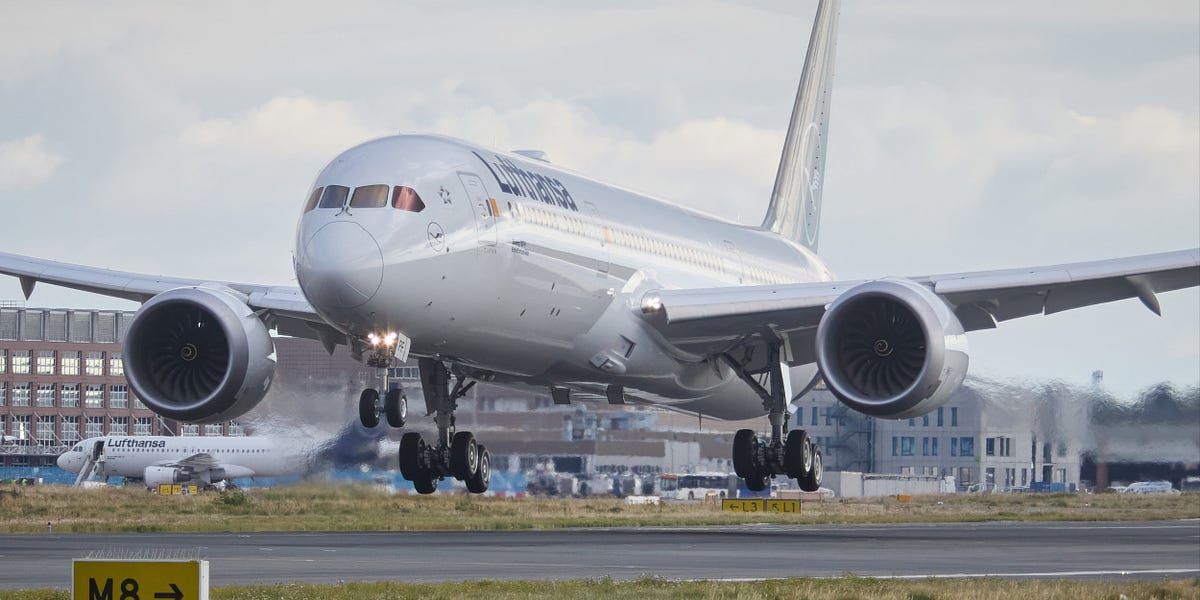
The group’s airlines, which include network carriers such as Austrian Airlines, Brussels Airlines, Lufthansa, and SWISS, as well as Eurowings, ended the nine-month period with 103 million passengers, with load factors at 83.1%.
According to Lufthansa Group, its passenger carriers improved the volume of their traffic following strong demand for air travel. However, its operations were still affected by the uncertainty in the Middle East, uncertainty over the tariff conflict, and ongoing delays in the delivery of new aircraft.
Overall yield and revenue per available seat kilometer (RASK) were slightly lower year-to-date (YTD) to September 30. In Q3, yields and RASK contracted by 5.4% and 2.2% YoY. The group’s overall capacity, measured in ASKs, was 4% higher YTD and grew by 3% in Q3 YoY.
Still, in a major win for the Lufthansa Group, all of its airlines were EBIT-positive during the nine-month period. Lufthansa, which ended the nine months to September 30, 2024, with an EBIT of -€36 million ($41.7 million), now had an EBIT of €131 million ($152 million).
The group pointed out that the German airline is continuing its transformation program that it began in July 2024, and out of the 700 identified measures to improve the carrier’s performance, over 350 have been implemented.
“This is already delivering results in terms of operational stability, and the transformation is also continuing at a structural level,” the group said, which included the accelerating rollout of its Allegris cabin.
Austrian Airlines, Brussels Airlines, Eurowings, and SWISS were all EBIT positive at the end of the nine-month period. In comparison, at the end of Q2, only SWISS was in the black.
(Lufthansa Group does not include ITA Airways' detailed results in its reports due to the fact that it is jointly managed by the Italian Ministry of Economy and Finance (MEF) and the group. According to Corriere Della Sera's estimates, ITA Airways' EBIT was €39 million ($45.2 million) during the period.)
Till Streichert, Chief Financial Officer (CFO) of Lufthansa Group, concluded that despite weak demand in Q3, the group “managed to stay on course, enabling us to reaffirm our full-year forecast today.”
“However, we are confident that we will be able to achieve the significant earnings growth announced for 2025, primarily because the demand environment for our passenger airlines looks much more positive again in the fourth quarter.”
In 2026, Lufthansa Group’s plans will be underscored by disciplined capacity growth, focusing on its long-haul business and the Lufthansa Turnaround Program.
The group’s outlook for Q4 is seemingly positive, with the company depicting a demand environment that is stable. Current booking status indicates that load factors and yields have been roughly on par with Q4 2024, with the transatlantic and European markets showcasing signs of stabilization.
“Despite ongoing global uncertainties, the Lufthansa Group confirms its forecast for the full year and, with capacity growth of around four percent, expects [adjusted EBIT] significantly above the previous year […].”
In 2024, Lufthansa Group’s adjusted EBIT was €1.6 billion ($1.8 billion). The group ended the year with a net profit of €1.3 billion ($1.5 billion).


